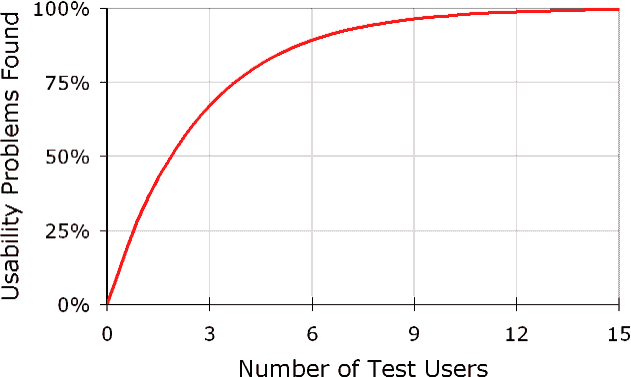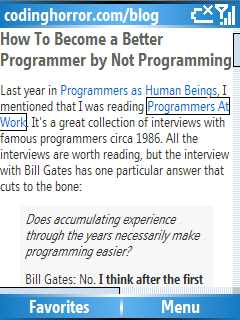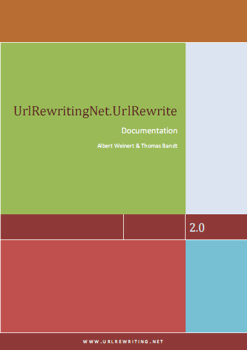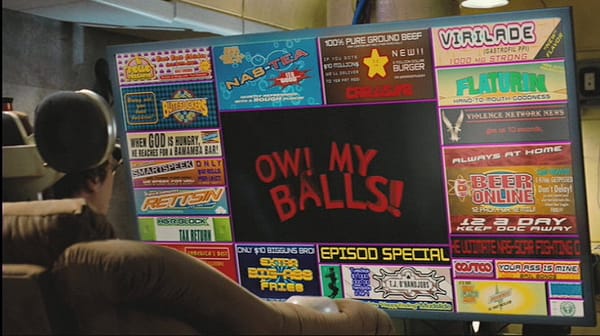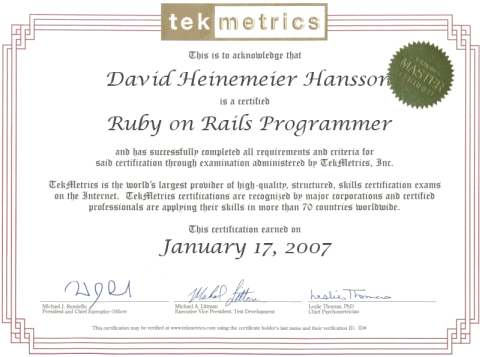
networking
The Economics of Bandwidth
One of the sadder recent news stories is the disappearance of Turing award-winning researcher Jim Gray. I’ve written about Jim’s research before; he has a knack for explaining fundamental truths of computer architecture in uniquely clear ways. For example, in this ACM interview, Jim illustrates how the unusual

